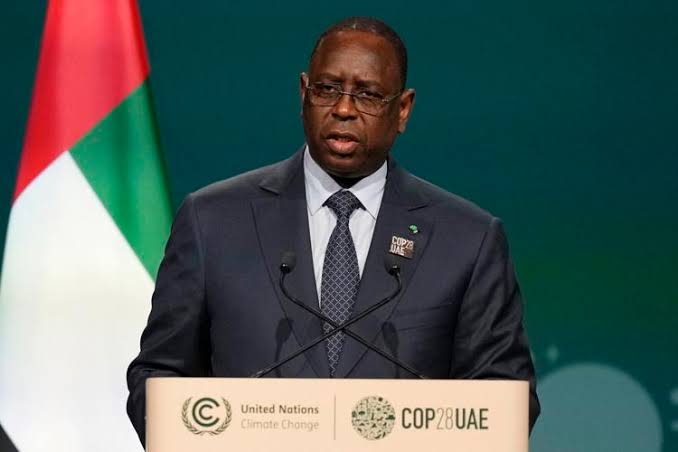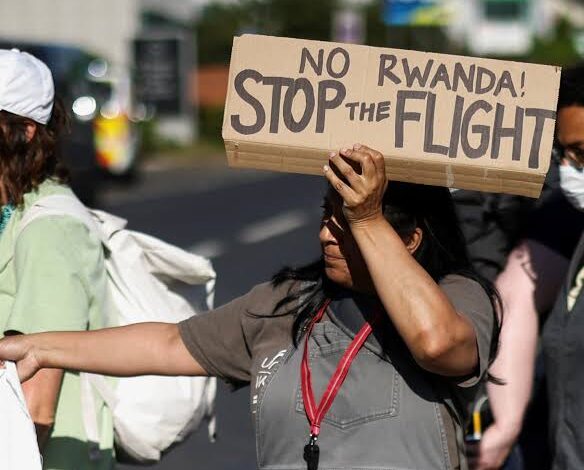
Faith Nyasuguta
Senegal’s decision to postpone the presidential election by 10 months has sparked criticism and concern both regionally and internationally.
West Africa’s ECOWAS bloc has strongly encouraged Senegal to adhere to the initially scheduled February vote, emphasizing the urgency of restoring the electoral calendar.
The United Nations human rights office expressed its unease, stating that any decision to postpone elections should be made through broad-based consultations.
President Macky Sall justified the delay, citing an electoral dispute between the parliament and the judiciary over some candidacies.
This decision triggered opposition leaders and candidates to reject it, labeling it a “coup.” The situation escalated as several opposition lawmakers were prevented from voting, and the election, initially set for February 25, was rescheduled for December.
President Sall’s term in office was originally set to end on April 2.
The West African nation’s political climate has been marred by controversy in the lead-up to the election. From deadly clashes leading to Sall’s announcement that he wouldn’t seek a third term to the disqualification of two opposition leaders by the highest election authority, the electoral process has been fraught with challenges.
The ECOWAS bloc, which has been grappling with a surge in coups within the region, is now faced with Senegal’s electoral turmoil. ECOWAS encouraged Senegal’s political class to take swift steps to restore the electoral calendar in accordance with the country’s constitution.
Senegal’s presidential election has never been postponed, but the constitution does provide for the rescheduling of the vote under certain circumstances, including the “death, permanent incapacity, or withdrawal” of candidates, as determined by the Constitutional Council, the highest election authority.
The United Nations human rights office, through spokeswoman Liz Throssell, expressed its concern about the situation in Senegal. Throssell emphasized that any decision to postpone elections should be made through broad-based consultations, underlining the importance of a transparent and inclusive process.
U.S. Senator Ben Cardin, who chairs the Senate Foreign Relations Committee, condemned the postponement and warned that it puts Senegal on a dangerous path toward dictatorship.

He emphasized that such a deviation from established democratic norms should not be allowed to stand.
The crisis in Senegal comes at a challenging time for the ECOWAS bloc, which is already struggling to retain its member nations.
Three coup-hit nations withdrew from the bloc last week, accusing ECOWAS of imposing “inhumane” sanctions in response to military takeovers.
Oluwole Ojewale, an analyst focused on West and Central Africa with the Africa-focused Institute for Security Studies, highlighted the need for ECOWAS to either limit its interference in member nations’ politics or expand its supervisory role. He noted the bloc’s inconsistency, calling for a more coherent approach to political situations in the region.
Senegal’s decision to postpone the presidential election has not only sparked unrest domestically but has also drawn criticism from regional and international voices.
The situation adds pressure to ECOWAS, raising questions about its role and the need for a consistent approach in addressing political challenges within the region.
U.S. Senator Ben Cardin’s warning brings to light the potential risks associated with deviations from established democratic processes. The coming months will likely be crucial in determining Senegal’s political trajectory and the broader implications for regional stability.
RELATED:




